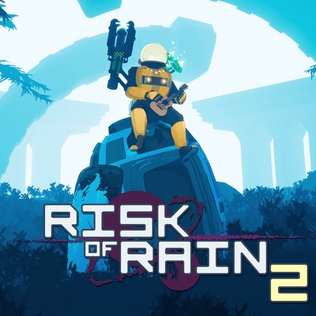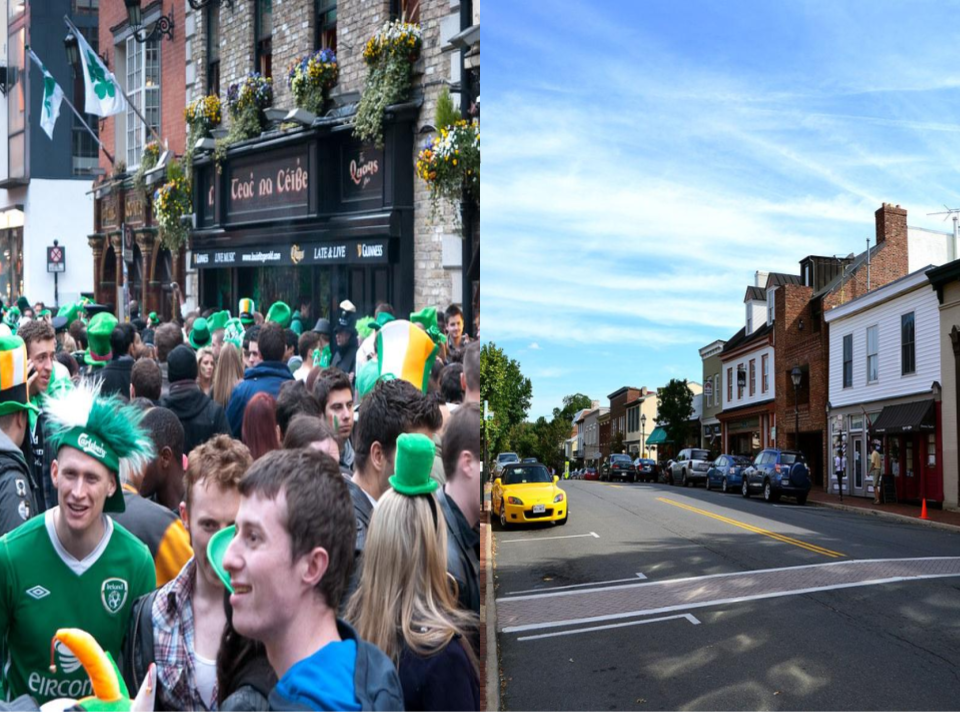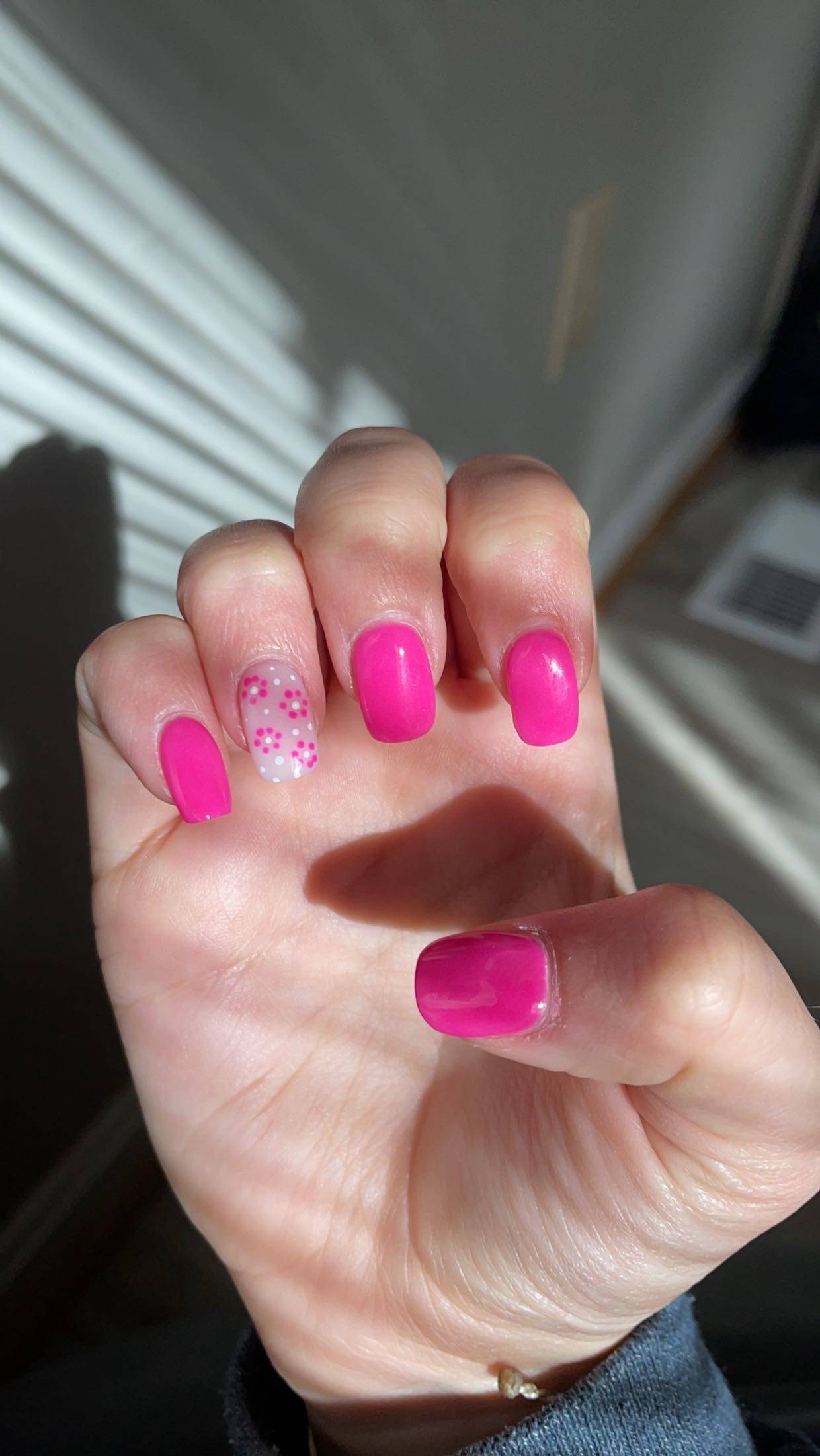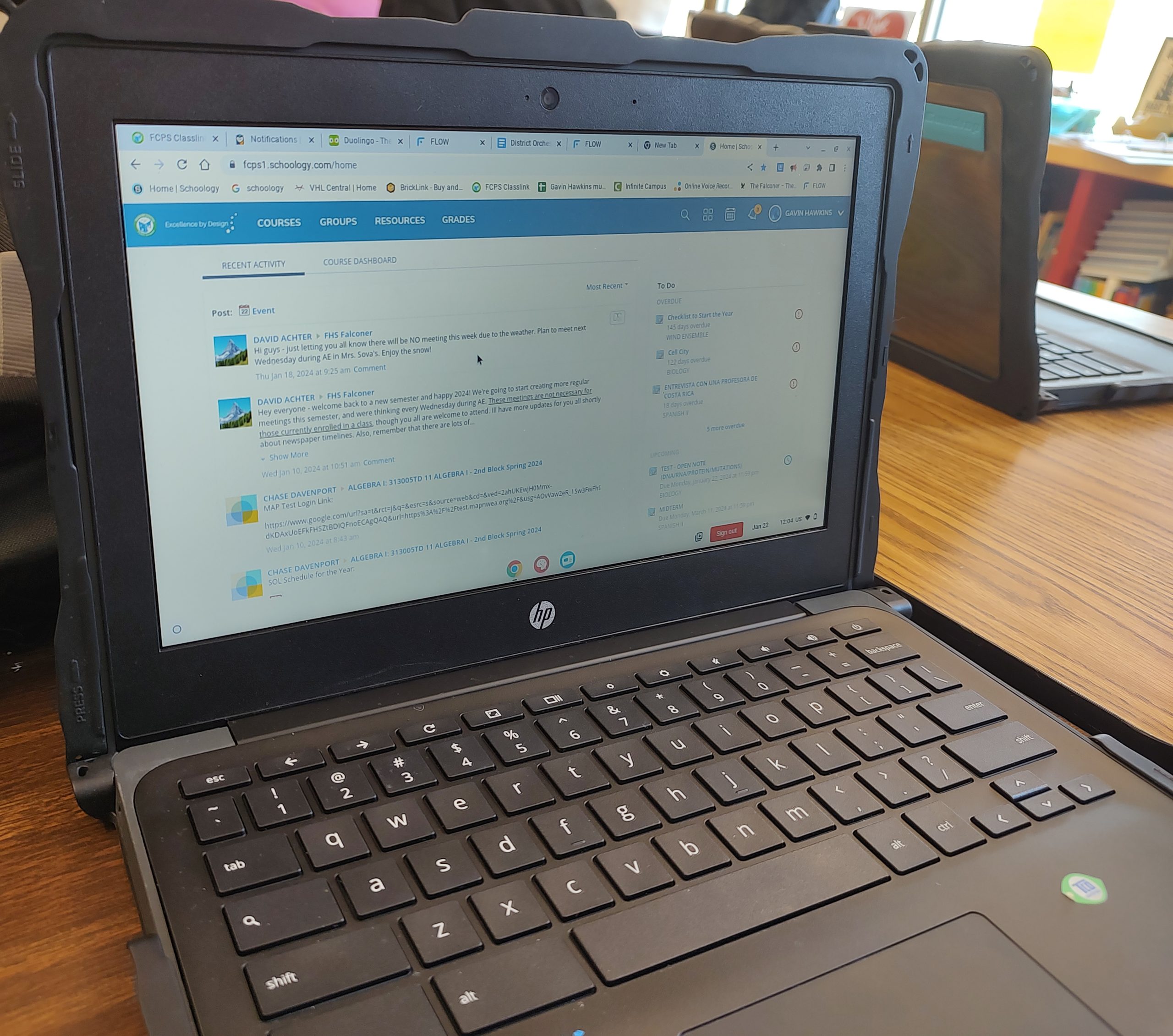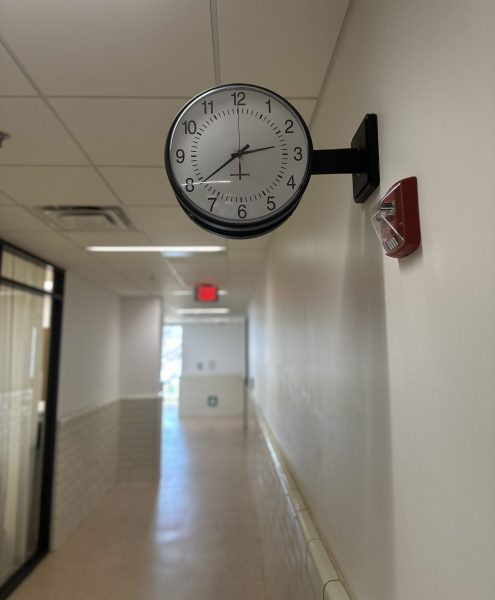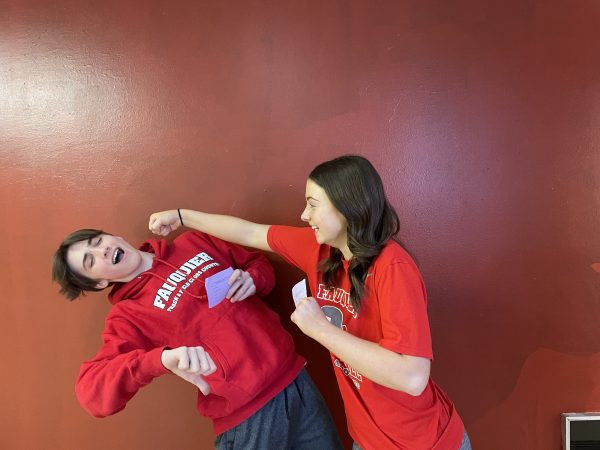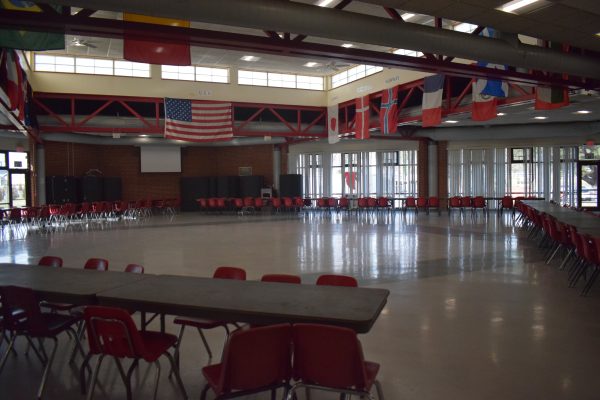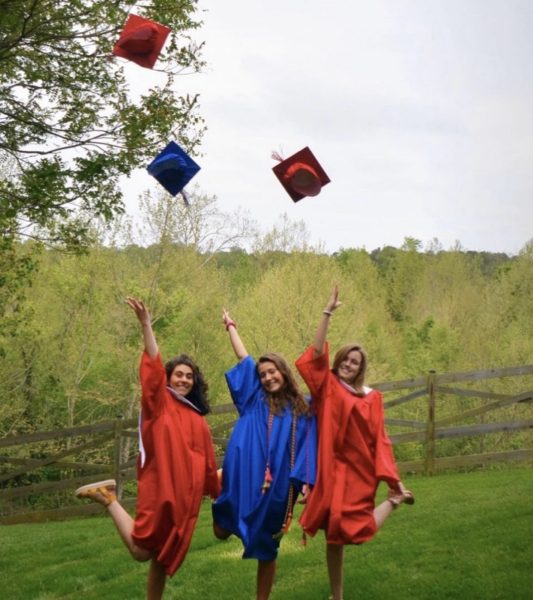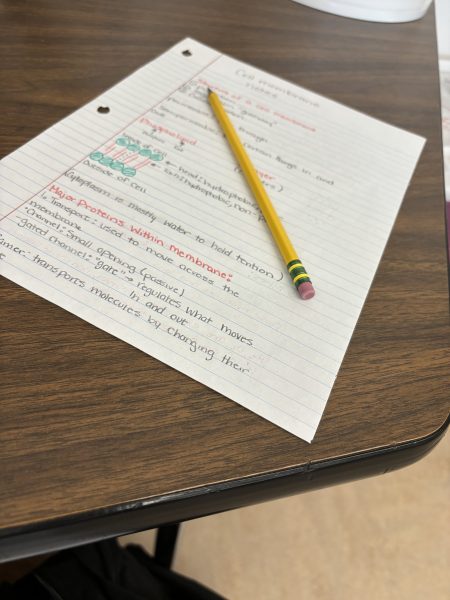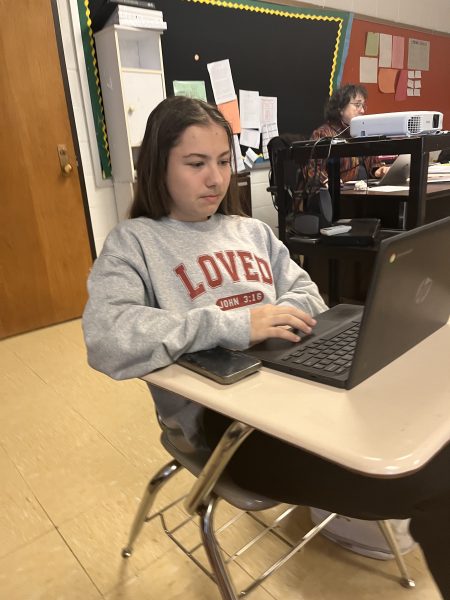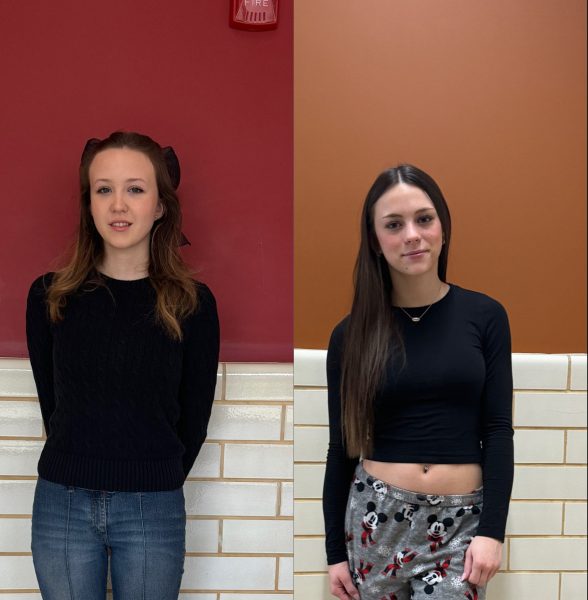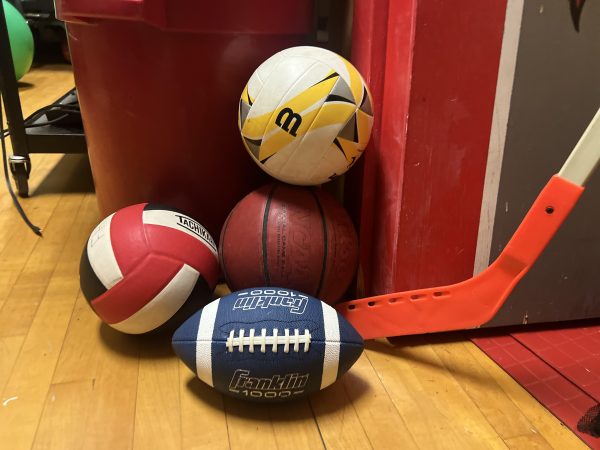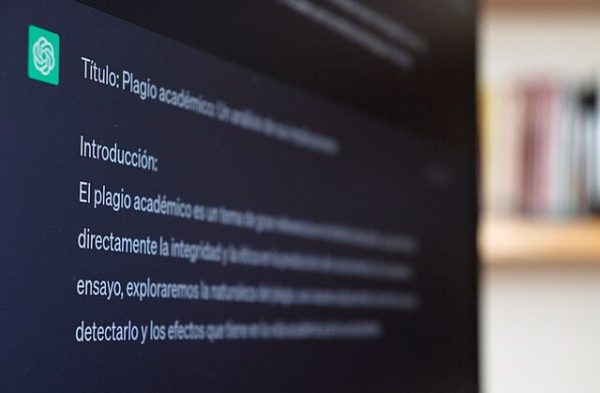Journalism shapes high school experience
May 8, 2015
In my four years at FHS, I found mentors that inspired and motivated me all across the range of subjects I took. However ultimately, I would find my niche in the journalism room. As a sophomore and the new kid on staff, I witnessed the most unique group of students I had ever seen together in one room. This group was diverse, spanning in social groups and ideals. What struck me was that they were together in their differences, talking about weird and interesting things—each comfortable having something to say. They were eccentric and passionate and intimidating in a way I had not experienced. I wanted to be a part of it—I saw in their diversity a kind of team I could fit into.
This group of people changed from semester to semester and from year to year. However, the diversity, the eccentricity, and what they represented never went away. The journalism program at FHS gave me a voice and introduced me to passion. I made friendships with people I would not have otherwise had, and I had a consistent escape every third block for seven semesters. In this class I fell in love with reporting and writing stories and opinion pieces, with designing pages and with journalism as an industry. As a senior I was given the opportunity to practice being a leader. I was instilled with journalistic values and knew the power of words. I found that I love writing about my peers and topics concerning them. I learned that as students, we have a voice unlike anyone else’s. I found my true passion for journalism lies in the stories that interest and challenge me, and that can make a difference.
The administration’s censorship of my article about dabbing was ironically, in some ways, a blessing. Not only did I learn my rights (yes, I have rights) I learned just how political the world is. I learned how much I believe in free speech and the significance of fighting for it. In my years on the journalism staff I have written about why the morning after pill should be available to young women and about rape culture. I have written about teen stress, teen graffiti, teen’s views on tattoos and piercings, and the effects of tanning salons on young people. Other students may find themselves on a field, or in a physics class, but I found myself in journalism, writing these stories.
What is most shocking to me is that it was educators in positions of authority who suppressed my speech and tried to take the essence of what I found in myself and in the industry, away from me and every other student journalist. In my years in the Fauquier County school system, many of my teachers preached thinking outside the box and the importance of human rights. They also taught me to stand up for what I believe in. The administration at FHS praises the journalism program that allows students to learn and practice real journalism, express viewpoints, and write about matters that concern and are of importance to students. But journalistic fairness and balance only is allowed as long as it is in agreement with the administration’s message.
I covered student misuse of social media and technology during school hours that sparked “FHS fight week” and was praised for practicing good journalism. It was entirely different when I wrote about a drug trend amongst high school students, a topic the administration does not want the student body to know about. Once a source says something that contradicts the administration’s message, that source, or the journalist writing the story, will be silenced. This lack of journalistic integrity contradicts everything that I was taught to believe in. More than anything, this disappointed me and shattered the image I had of the school system I grew up in.
I’m saddened that the administration thinks we are naive children who need to be shielded from the truth. I’m saddened the administration doesn’t believe in the importance of the student voice. However, the more the administration treated me like my convictions and thoughts were infantile, the stronger I became as a person. People in authority can sometimes be very wrong, and that’s life. Young people have amazing brains and amazing thoughts, and they have the capability of learning from and rising above the bad examples. This small town has taught me much about the larger world around me.
From this experience, I take away a thicker skin and even greater motivation to become the reporter that makes a difference with my stories, or whatever I may end up doing. I have a greater appreciation for knowledge and what it offers people. I feel so lucky to have received a spectrum of experiences in my high school journalism room that I can take with me throughout my life.

